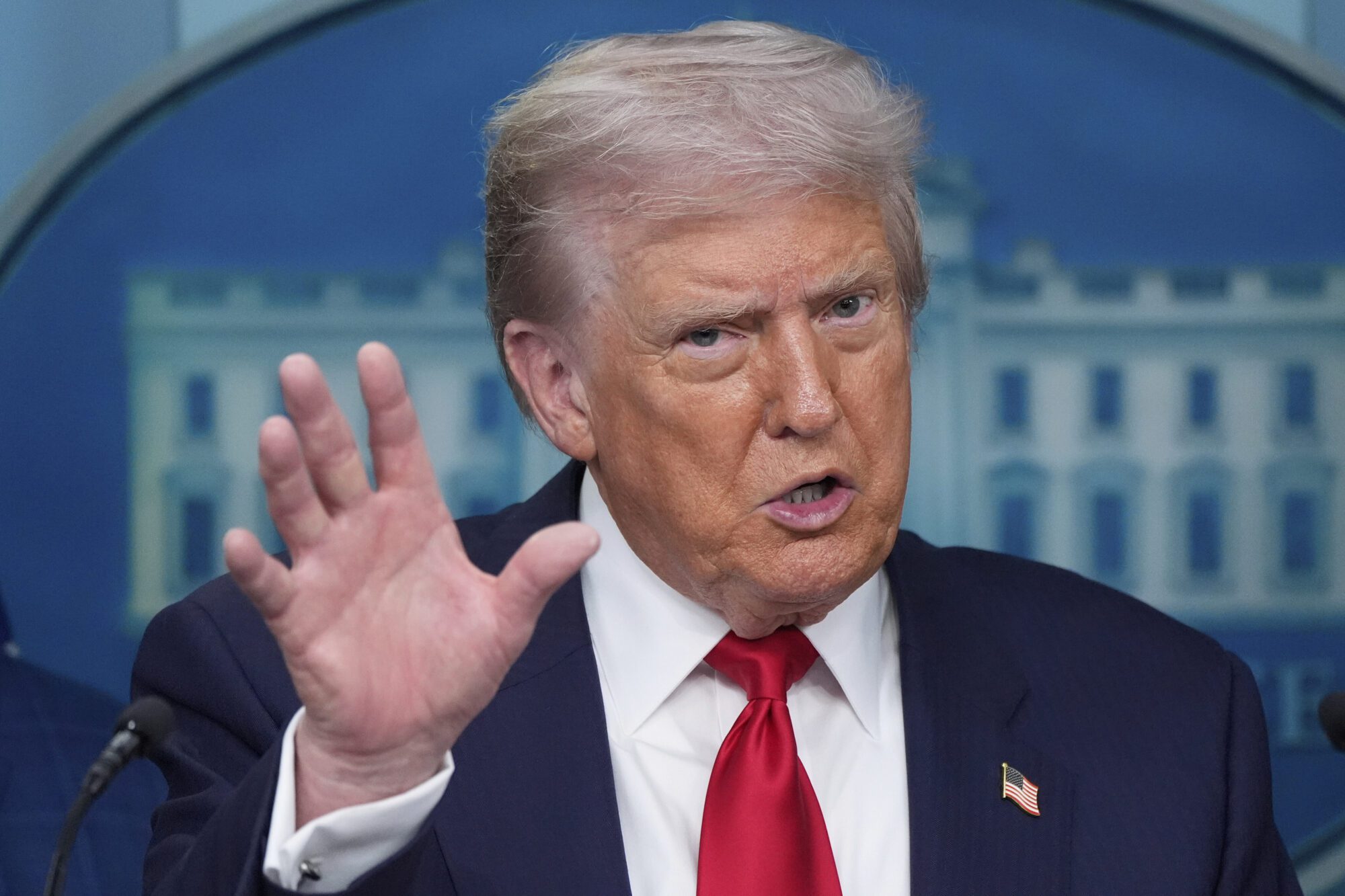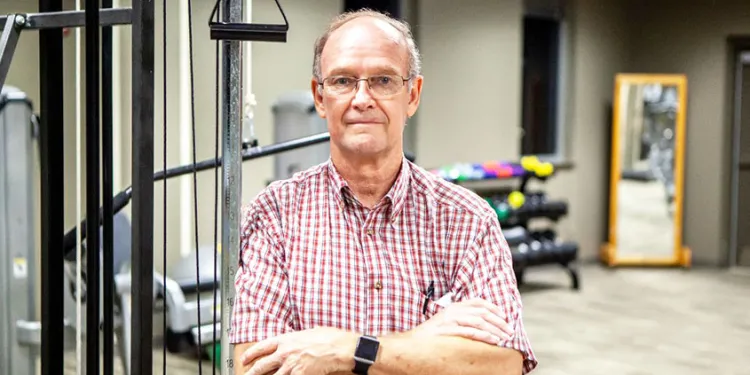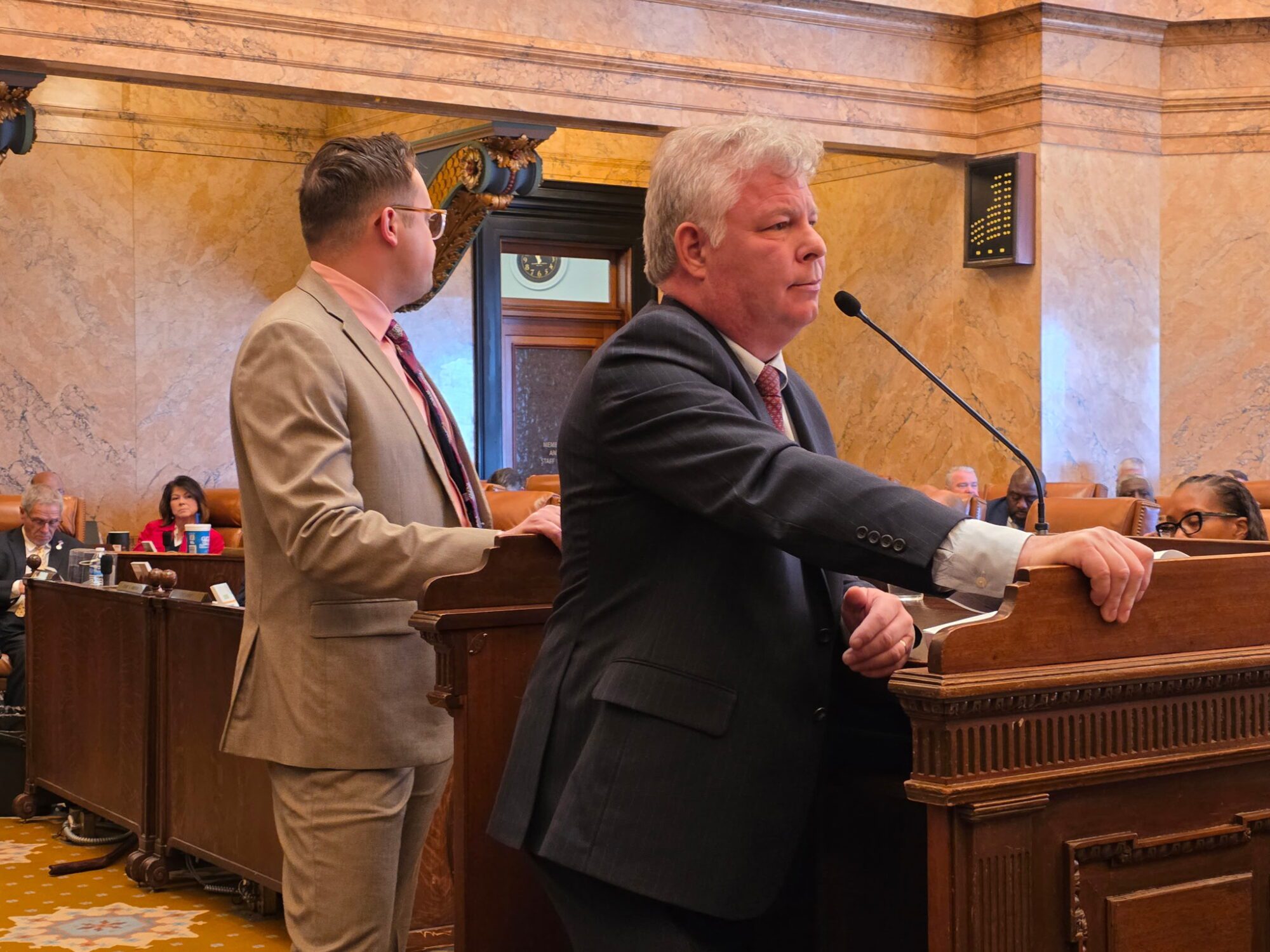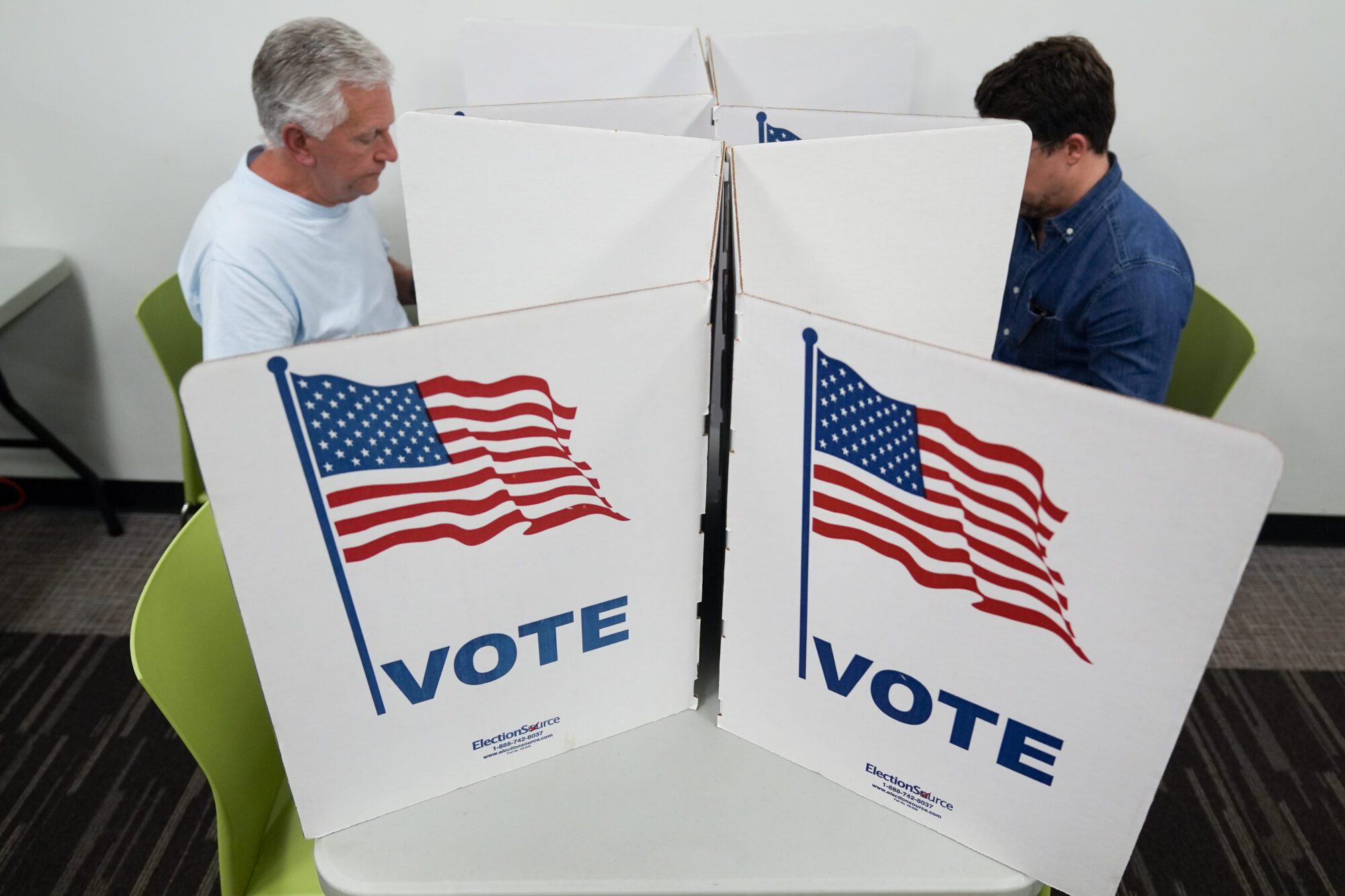
- Even when framed in positive terms of “improving access to healthcare for working Mississippians,” only 2.2 percent of Republican voters say Medicaid expansion is top priority.
Debate over Medicaid expansion occupied much of this past legislative session, with negotiations between the House and Senate falling just short of making it to the Governor’s desk to be vetoed.
The issue promises to occupy headlines again when the 2025 session opens in January.
It historically had been one pushed by the Mississippi Democratic Party, which in supermajority Republican chambers, meant proposals to expand Medicaid were dead on arrival.
That changed this past session with new House Republican leadership. Speaker Jason White and House Medicaid Chair Missy McGee made Medicaid expansion a priority.
But if polling conducted on behalf of the Speaker’s office by Cygnal is any indication, the issue does not actually motivate Republican voters in Mississippi.
Given a list of issues that included inflation and the economy, elimination of the state income tax, reduction of the sales tax on groceries, crime, infrastructure, and education, Medicaid expansion ranked last among priorities for Republican voters.
Just 2.2 percent identified it as their top priority, even when framed positively as “improving access to healthcare for working Mississippians.”
Republican voters’ identification of the issue as the least important is consistent with polling previously conducted by Magnolia Tribune, which showed “access to healthcare” being identified by only 3 percent of likely Republican voters as their top issue.
The polling conducted by Speaker White’s office did find a majority of Republicans (53.7 percent) at least somewhat supportive of Medicaid expansion conceptually. However, when messages were tested in support, none of them eclipsed 50 percent.
Respondents, given a list of positive messages, were asked to identify as many as they found compelling in support Medicaid expansion. 40.8 percent of Republican voters said saving rural hospitals was compelling — the high water mark. On the other end of the spectrum, only 17 percent found increased federal funding compelling.
Notably, a change in Medicaid reimbursement rates approved in the fall of 2023 brought a windfall of over $700 million annually to Mississippi hospitals — a figure which dwarfs any financial benefit to hospitals from Medicaid expansion.
How Republican Voters Respond to Messages in Opposition to Medicaid expansion
It’s also worth pointing out how issues are framed in polls matters to outcomes. In the case of the Cygnal poll conducted on behalf of the Speaker’s office, expansion was framed exclusively as a positive.
Public policy and political debates do not unfold as one-sided affairs, though.
Earlier this year, Magnolia Tribune partnered with Mason-Dixon Polling & Strategy to determine how Republican primary voters in Mississippi feel about Medicaid expansion when informed of arguments against the policy.
Governor Tate Reeves, who opposes Medicaid expansion, has frequently referred to it as “Obamacare’s Medicaid expansion,” a nod to the policy’s origin. When asked if Mississippi should adopt “Obamacare’s Medicaid expansion,” 81 percent of respondents said the state should not implement the policy.
Republican primary voters also signaled opposition to Medicaid expansion when informed of the total cost of the current Medicaid program, with 86 percent saying the state was already spending enough on Medicaid.
When introduced to the risk that federal support for the program could be reduced in the future, resulting in higher taxes or spending cuts on other important functions of government, 91 percent of respondents voiced opposition.
The targeted voters also said they would prefer state funds be spent on Mississippi’s school children (88%), teacher pay raises (85%), or roads and bridges (90%), instead of funding Medicaid expansion.
Opposition was even higher when the experience of similarly situated expansion states was challenged. Ninety-one percent (91%) said they opposed the policy when told expansion states had all experienced enrollment and cost overruns. Ninety-one percent (91%) opposed the policy when told that expansion states Louisiana and Arkansas have the same percentage of at-risk rural hospitals as Mississippi.
Finally, 90 percent oppose the policy when informed that Arkansas and Louisiana continue to rank 50th and 48th, respectively, on health outcome rankings, despite having expanded Medicaid.











